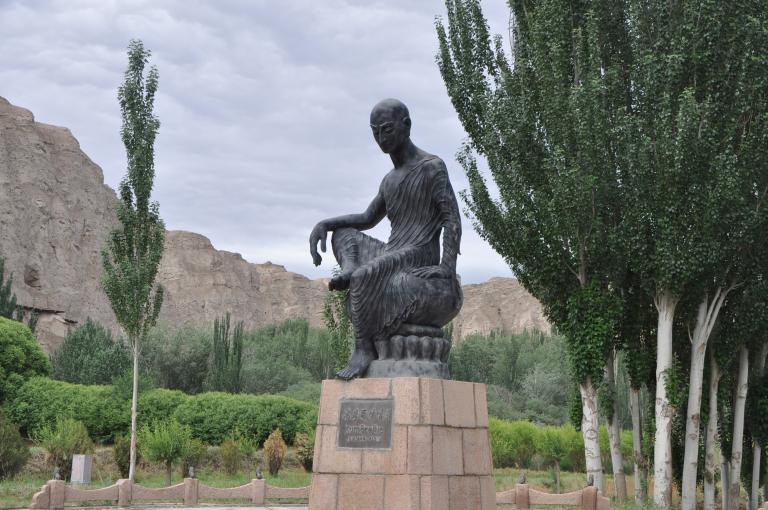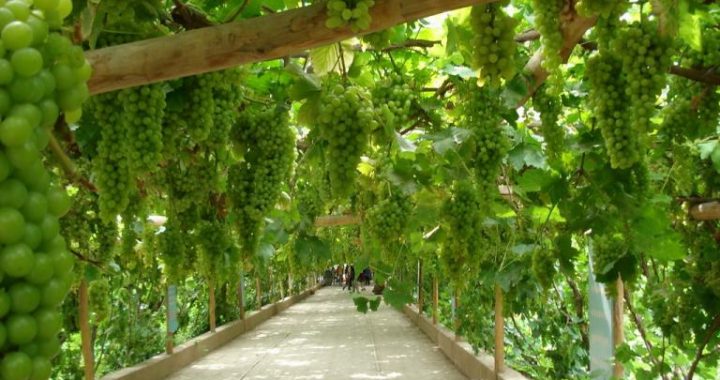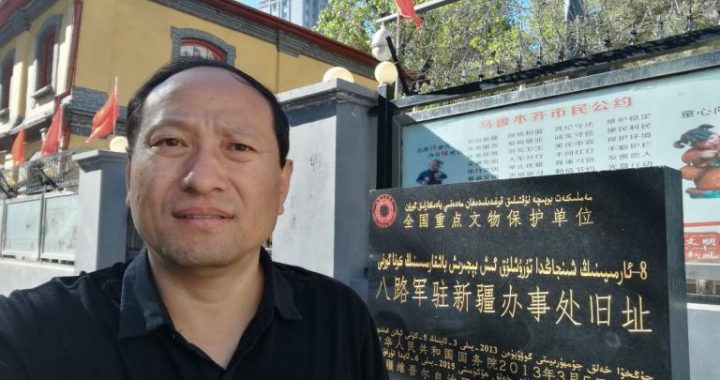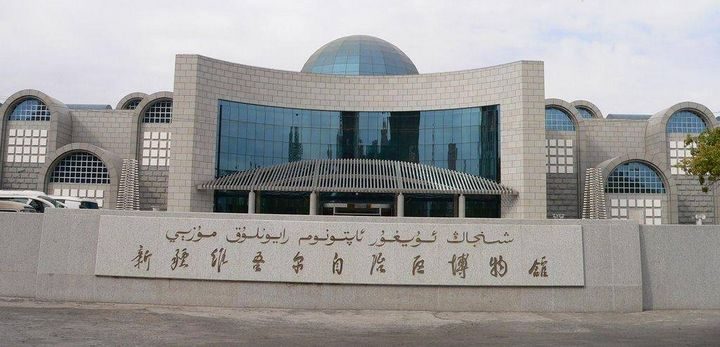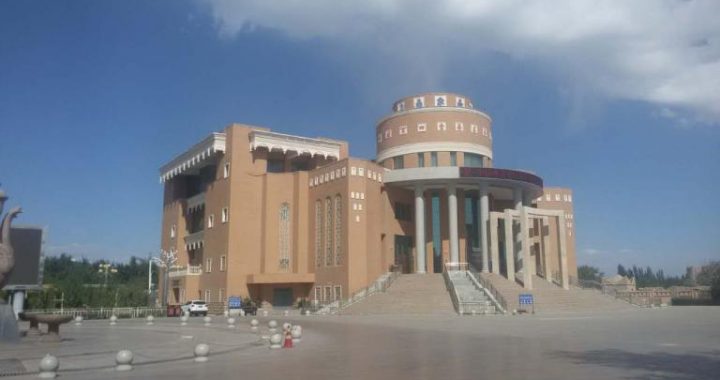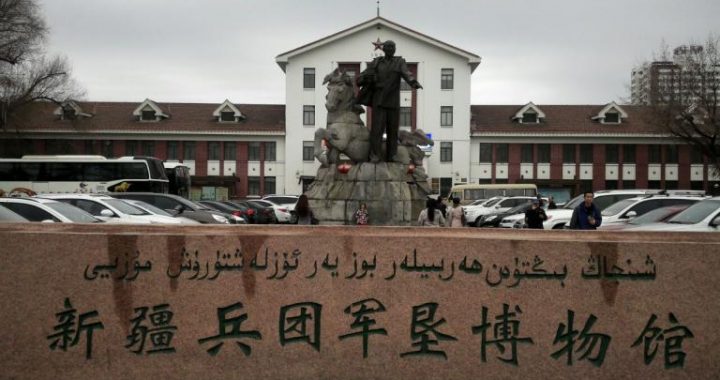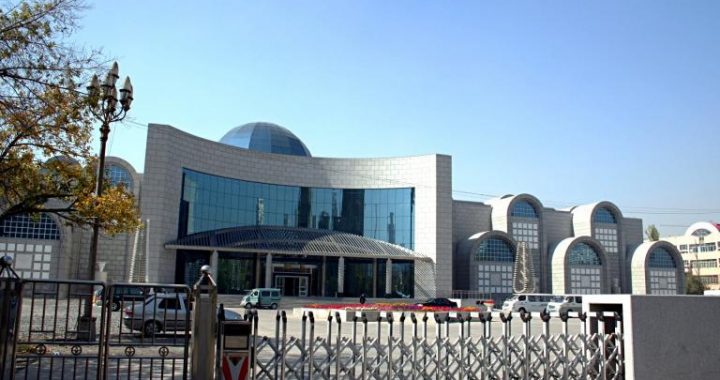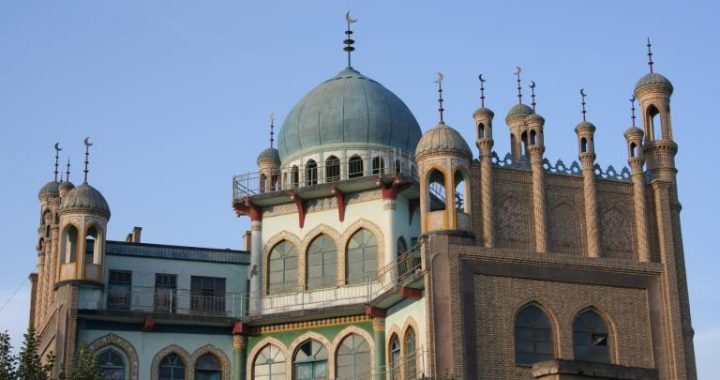Kumarajiva
2 min readKumarajiva, who was born in Qiuci and his bronze statue is now kept in Kizil Grottoes, is one of the three famous translators on scriptures. The bronze statue of the great master sitting on the 1.05m high loti-form stone base is now set before the Kizil Thousand-Buddha Grottoes. At the glimpse of the statue, one will suddenly feel calm in the heart by the pious and quiet attitude of Kumarajiva whose semi-closed eyes and slightly lowered head are all made for Buddhism. Against the pure and blue sky of Kuche, the black statue of Kumarajiva appears even more devout and mysterious. Undoubtably, Kunarajiva is truly the essence of Qiuci culture.
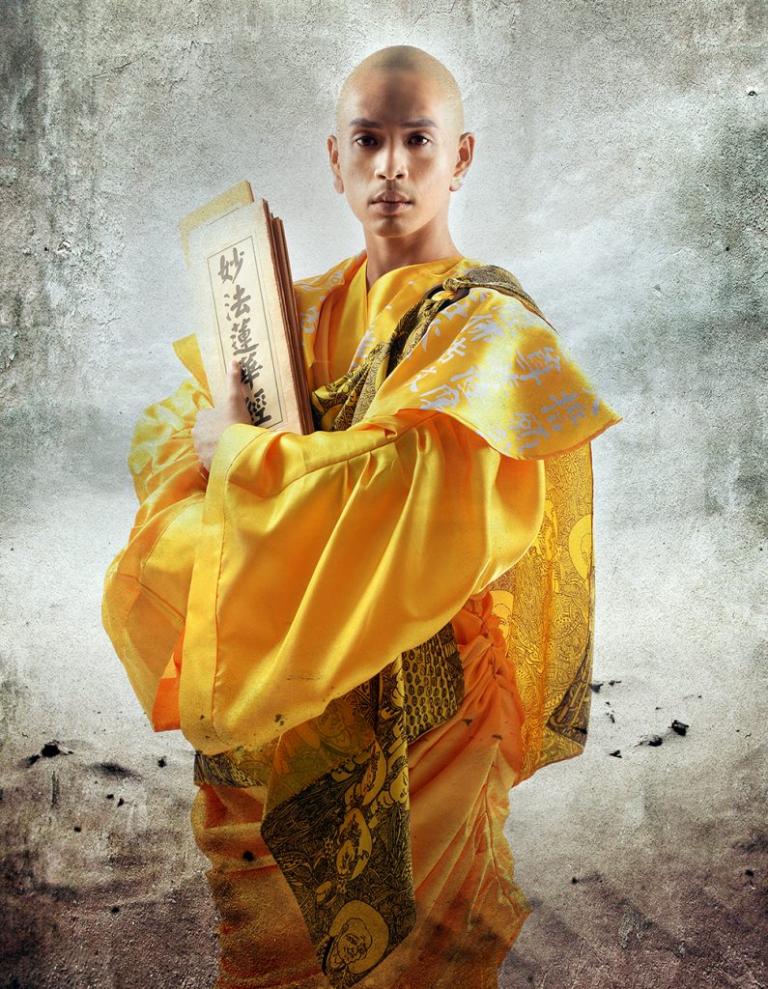
Kumarajiva was born in Qiuci in 344 A.D,and his father,the chancellor of an India country,moved to Qiuci from his defeated country,and then was granted a marriage to the younger sister of the king of Qiuci.When he was 7 years old,Kumarajiva became a monk along with his mother who also became a nun.At the age of 9,he started to learn Hinayana Buddhism and was greatly influenced by monks who studied Mahayana Buddhism.Afterwards he turned to the study of Mahayana Buddhism.Young Kumarajiva,being famous for his intelligence and Buddhist perspicacity,was then respected as National Master of Qiuci. According to records, when the kings of various countries in the Western Regions of China came to listen to Kumarajiva’s preaching of scriptures they would stand at the side of the master’s seat in a queue, andKumarajiva would stamp on their backs to go on his seat. Lv Guang, general of the Former Qin Dynasty, defeated Qiuci and conquered over thirty other counties of the Western Regions, successfully seizing Kumarajiva and obtaining 20,000 dromedaries. Therefore, Kumarajiva was welcomed to Liangzhou City and stayed there for nearly 20 years to carry on his preaching of scriptures.Then in 401 A.D. his was welcomed to Changan and respected as National Master preaching scriptures and sermons at Cao Tang Temple.
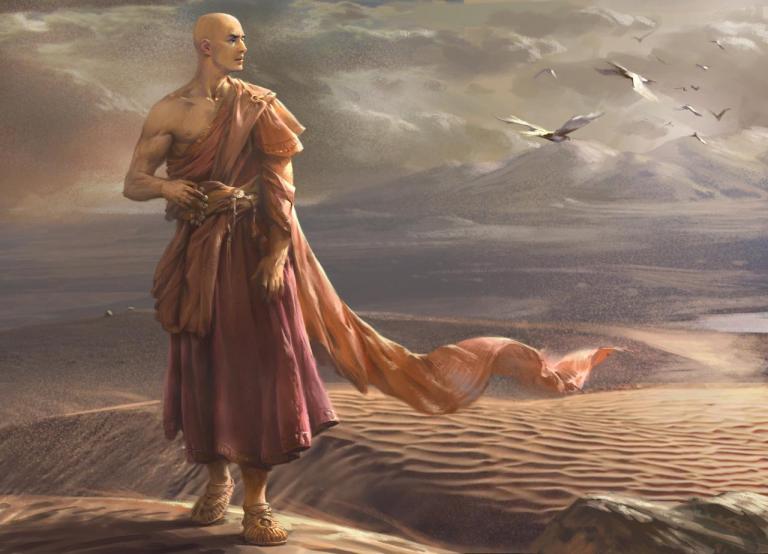
Throughout his life, the great master translated 74 scriptures with a total of 384 volumes including Heart Sutra, Madhyamaka Shastra, Lotus Sutras and so on imposed great influence on the Three Treatises School, the Tiantai Sect, Satyasiddhi and the Pure-land School. The master died in 409 B.C. at the age of seventy. His last words were to bury his tongue at the place of Guzang to prove his words that “If it is not against one’s will, the tongue will not be ruined in thecremation.”Luo Shen Temple at the west side of Wuwei North Street in Gansu now is where his “unruined tongue”was buried.
